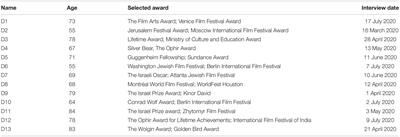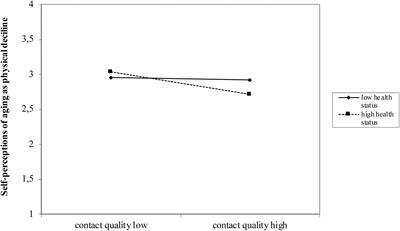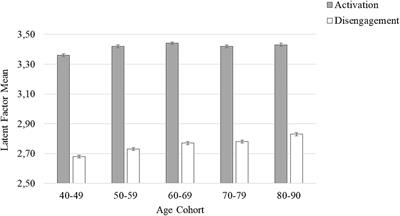ORIGINAL RESEARCH
Published on 30 Mar 2022
Age Specificity in Explicit and Implicit Endorsement of Prescriptive Age Stereotypes

doi 10.3389/fpsyg.2022.820739
- 2,815 views
- 8 citations
6,093
Total downloads
24k
Total views and downloads
ORIGINAL RESEARCH
Published on 30 Mar 2022

ORIGINAL RESEARCH
Published on 24 Mar 2022

ORIGINAL RESEARCH
Published on 21 Mar 2022

ORIGINAL RESEARCH
Published on 18 Feb 2022

REVIEW
Published on 17 Feb 2022

ORIGINAL RESEARCH
Published on 01 Feb 2022
